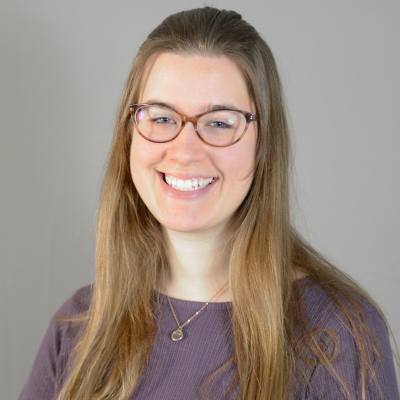Lone Star College-Magnolia Center, a satellite campus of LSC-Montgomery, is on track to break ground in spring 2020, LSC-Montgomery President Rebecca Riley said during an April 9 community meeting in Magnolia. Construction will likely take 18 months, she said.
LSC-Montgomery officials hosted a listening session for members of the Magnolia community April 9 to gather input on what student programs should be offered at the future LSC-Magnolia Center.
The 65,000-square-foot center will be housed on 35 acres of land at the corner of FM 1486 and FM 1774 across from Magnolia West High School,
Community Impact Newspaper previously reported. A fall 2021 opening is targeted.
"Those decisions about what to put in the building, how we're going to use the building [and] how we start any program [is] we use a lot of labor market statistics to help us determine whether there are jobs at the end of a program and whether the jobs pay a level above a minimum wage," Riley said. "We don't build programs that don't do any good for the student or the community."
LSC officials may offer workforce programs as well as core courses for transferring to a four-year institution at LSC-Magnolia Center.
Community members in attendance suggested the new center offer courses and certifications for drafting, safety training, visual communications, culinary arts, environmental sciences, emergency medical services and prerequisite courses for health occupation fields—such as health care technicians and physical therapy. Science-, technology-, engineering- and math-focused classes were also suggested.
Based on a study of top-posted job titles requiring less than a bachelor's degree in the Magnolia area, jobs in demand locally include registered nurses, truck drivers, sales, cashiers and automotive technicians, Riley said. The study looked at postings from March 1, 2018, to Feb. 28, 2019.
The same study shows certifications in greatest demand include registered nurse, commercial drivers license, first aid, licensed vocational nurse, critical care nurse, pharmacy technician and automotive technician, Riley said.
Additionally, a breakdown of class enrollment for Magnolia ISD graduates at all LSC campuses shows students are primarily enrolled in core courses, such as math, English, history and biology, for the spring 2019 semester, Riley said. Welding courses were also popular among MISD graduates.
"What this tells me ... is most of your students coming to us are going to transfer somewhere else because they're taking core courses, except for the welding," Riley said. "You have two very high-performing high schools in this community, so a high percentage of your students are college-bound."
Campus additions
LSC will continue its dual-enrollment partnership with MISD, but a standalone career and technical education building on the 35-acre campus could be built in the future for MISD students, Riley said during the meeting.
The CTE building could be considered in MISD's next bond referendum, Superintendent Todd Stephens said.
"The [LSC-Magnolia Center] building will not take up anywhere near that space, so we have plenty of room on [the campus] to form partnerships," Riley said. "One of the things Dr. Stephens and I have talked about is the potential for Magnolia ISD putting a CTE building on that property as a partnership between Lone Star College and Magnolia ISD."
The CTE building would afford more space for technical programs, such as welding, culinary arts and other popular hands-on programs, while also offering the opportunity for dual-credit programs and possible evening classes for college students, Riley said.
"It is easier to convince students that [vocational programs are] a viable life path for them if the facility that they're going to learn in is impressive, and it builds the credibility for the pathway," Riley said.
In Magnolia, the center will also likely include a large group meeting room, Riley said. This could provide space for a Magnolia component of LSC's
Academy of Lifelong Learning—a membership program for adults age 50 and older that offers free and low-cost classes and activities—if there is enough local interest.
"At Montgomery, we have about 900 members in our ALL program—so much so that we don't have room for everything they want to do at the Montgomery campus," Riley said. "It really takes the movers [and] shakers within the ALL program to get it going. If there's interest out here, I don't see why that couldn't work."





